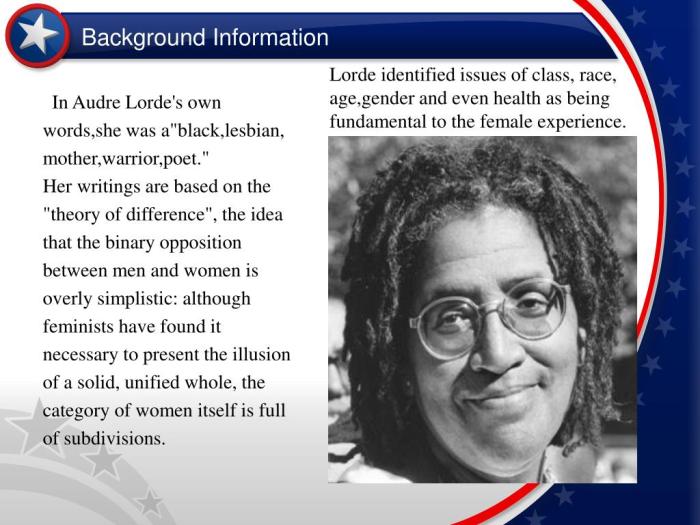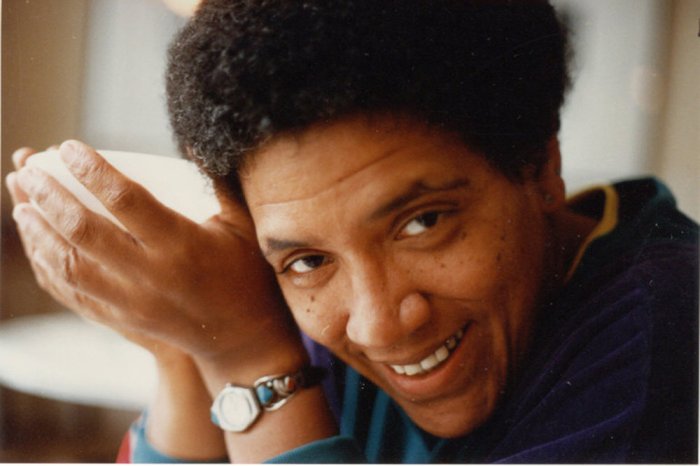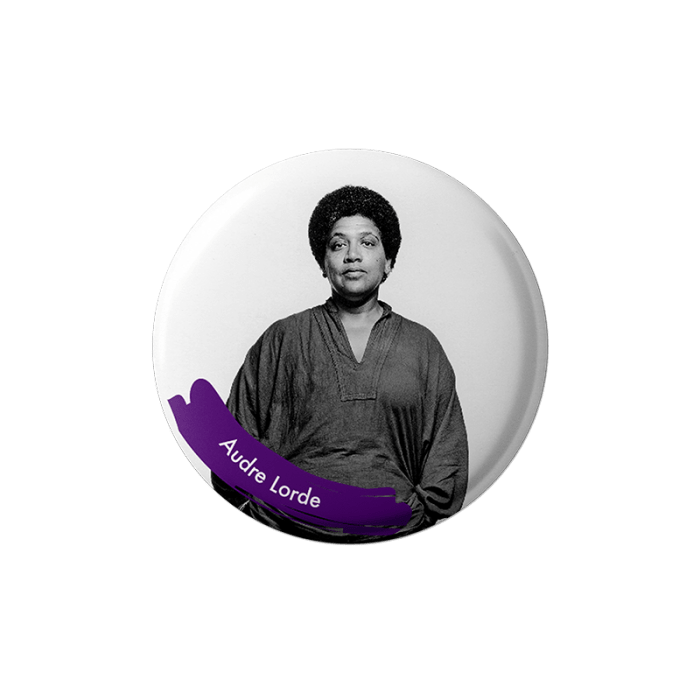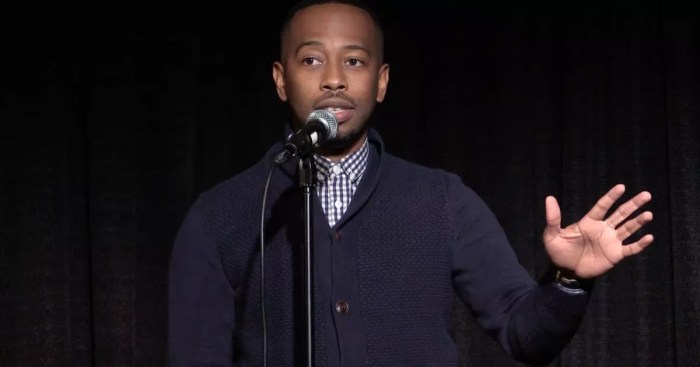Fourth of july audre lorde – In the tapestry of American literature, Audre Lorde’s poetry about the Fourth of July stands out as a poignant exploration of freedom, identity, and the elusive American Dream. Lorde’s unique perspective as a Black, lesbian, and feminist woman lends a profound depth to her work, challenging conventional narratives and offering a powerful critique of the nation’s promises and shortcomings.
Through her skillful use of language and symbolism, Lorde paints a vivid portrait of the complexities of American identity, exposing the contradictions between its ideals and its lived realities. Her poems resonate with both the pain of exclusion and the indomitable spirit of resistance, inspiring generations of readers to confront the complexities of race, gender, and sexuality in the American context.
Fourth of July in the Poetry of Audre Lorde

The Fourth of July, a day of national celebration and commemoration, takes on a complex and often ambivalent meaning in the work of Audre Lorde. As a Black, lesbian, and feminist woman, Lorde’s experiences and perspectives shaped her understanding of the holiday’s promises and failures.
Themes in Lorde’s Fourth of July Poems
Lorde’s poems that explore themes related to the Fourth of July often grapple with the gap between the ideals of freedom and equality espoused by the holiday and the realities of oppression and inequality faced by marginalized communities.
The renowned poet and activist Audre Lorde’s powerful words resonated during her Fourth of July speech, reminding us of the ongoing struggle for equality. As we delve into the complexities of her message, we can’t help but be reminded of the intriguing puzzle part of an ear crossword . Just as this crossword clue challenges our minds, Lorde’s words challenge us to reflect on the complexities of freedom and the ongoing fight for a truly just society.
- “The Fourth of July”: This poem confronts the hypocrisy of a nation that celebrates independence while perpetuating racism and violence against its Black citizens.
- “Now That I Am Forever with Child”: This poem examines the experiences of women of color in a society that devalues their lives and their reproductive rights.
- “Power”: This poem explores the ways in which power is used to oppress and silence marginalized voices.
Audre Lorde’s Use of Language and Symbolism in her Poetry: Fourth Of July Audre Lorde

Audre Lorde, a prominent African-American writer, employed various literary devices and techniques to convey her message about the Fourth of July in her poetry. Her use of language and symbolism played a crucial role in shaping the meaning and impact of her work.
Lorde’s poetry often features vivid imagery and sensory details that evoke a strong emotional response in readers. She uses metaphors, similes, and personification to create powerful images that convey the complex emotions associated with the holiday. For example, in “For My Children,” she describes the Fourth of July as “a firecracker exploding in the night,” capturing the sudden burst of noise and light that symbolizes the holiday’s celebration.
Figurative Language
Lorde’s use of figurative language is not limited to imagery. She also employs other literary devices such as repetition, alliteration, and assonance to create a musical and rhythmic effect in her poetry. These devices help to emphasize certain words and phrases, drawing attention to their significance.
In “Power,” she repeats the phrase “power” throughout the poem, building a sense of urgency and demanding attention to the importance of this concept.
Symbolism
Symbolism is another important element in Lorde’s poetry about the Fourth of July. She uses symbols to represent complex ideas and emotions, often drawing on personal experiences and cultural traditions. For example, in “Independence Day,” she uses the image of a broken mirror to symbolize the fractured nature of American society and the ongoing struggle for equality.
Through her skillful use of language and symbolism, Audre Lorde creates a powerful and evocative body of work that explores the complexities of the Fourth of July. Her poetry challenges readers to confront the contradictions and injustices that persist in American society, while also offering hope for a more just and equitable future.
The Political and Social Context of Audre Lorde’s Poetry

Audre Lorde wrote her poetry about the Fourth of July during a period of significant political and social upheaval in the United States. The Vietnam War, the Civil Rights Movement, and the feminist movement were all major forces shaping the cultural landscape of the time.
Lorde’s poetry reflects her engagement with these contemporary events and social movements.
Civil Rights Movement
Lorde’s experiences as a Black woman in America deeply influenced her perspective on the Fourth of July. She witnessed firsthand the systemic racism and discrimination that Black people faced, and she used her poetry to challenge the myth of American equality.
In poems like “For Malcolm” and “Afterimages,” Lorde expresses her anger and frustration with the ongoing struggle for civil rights.
Vietnam War, Fourth of july audre lorde
The Vietnam War was another major source of inspiration for Lorde’s poetry. She saw the war as a symbol of American imperialism and violence, and she used her poetry to protest against it. In poems like “Power” and “The War,” Lorde condemns the war and its devastating impact on both Vietnamese people and American soldiers.
Feminist Movement
Lorde was also an active participant in the feminist movement. She believed that women should have the same rights and opportunities as men, and she used her poetry to challenge traditional gender roles. In poems like “A Litany for Survival” and “The Master’s Tools Will Never Dismantle the Master’s House,” Lorde celebrates the strength and resilience of women and calls for a more just and equitable society.
Audre Lorde’s Legacy and Influence on Contemporary Poetry

Audre Lorde’s groundbreaking poetry, particularly her exploration of the Fourth of July, has left an enduring mark on contemporary literature. Lorde’s work has inspired countless poets and writers to explore themes of identity, oppression, and resistance.
Lorde’s influence is evident in the works of contemporary poets such as Claudia Rankine, Tracy K. Smith, and Ocean Vuong. Rankine’s collection “Citizen” (2014) echoes Lorde’s critique of American racism and violence, while Smith’s Pulitzer Prize-winning “Life on Mars” (2011) explores the intersections of race, gender, and grief.
Vuong’s debut collection “Night Sky with Exit Wounds” (2016) draws on Lorde’s use of language and imagery to depict the experiences of queer Vietnamese Americans.
The ongoing relevance of Lorde’s poetry lies in its ability to articulate the experiences of marginalized communities and inspire social change. Lorde’s work continues to resonate with contemporary poets and readers who grapple with issues of identity, intersectionality, and the ongoing struggle for justice.
Her poetry serves as a reminder of the power of language to challenge oppression and envision a more equitable future.
Q&A
What is the significance of the Fourth of July in Audre Lorde’s work?
The Fourth of July, a day of national celebration, held a particular significance for Lorde as a symbol of both the promise and the failures of the American Dream. Her poems explore the ways in which the holiday’s rhetoric of freedom and equality often rang hollow for marginalized communities.
How does Lorde’s use of language and symbolism convey her message?
Lorde’s poetry is characterized by its powerful use of imagery, metaphor, and allegory. She employs vivid language to evoke the lived experiences of oppression and resistance, while also using symbolic elements to represent broader social and political issues.
What is the contemporary relevance of Audre Lorde’s Fourth of July poetry?
Lorde’s work remains relevant today as it continues to challenge us to confront the ongoing legacies of racism, sexism, and homophobia in American society. Her poems inspire us to strive for a more just and equitable future where all voices are heard and valued.
